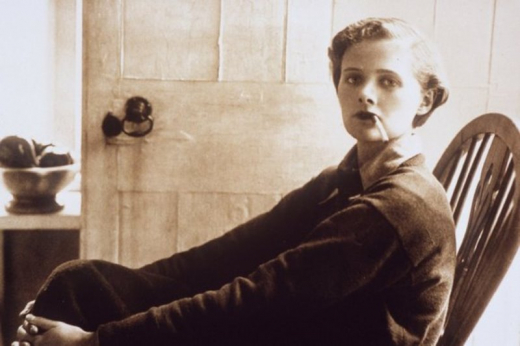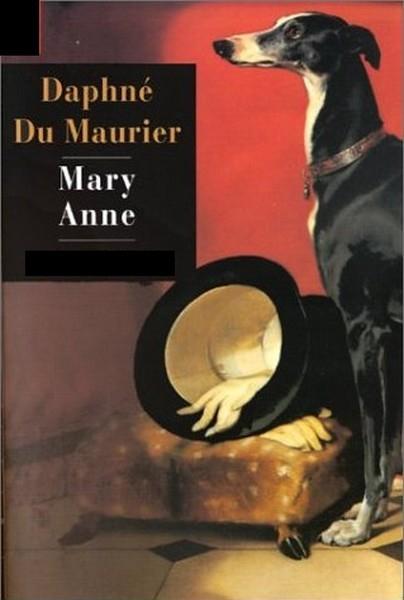
Citation de MegGomar
“Behave yourselves, and I’ll take you out,” she commanded—but softly,
so that her mother in the bedroom upstairs would not hear. Later, when the
dishes were washed, the table set for the next meal and her mother tucked in
bed for an hour’s rest, Mary Anne picked up one boy and straddled him on
her hip, gave her hand to another, and let the third tag behind hanging on to
her skirt. Then away they went, out of the dark alley where the sun never
shone, through the maze of small courts adjoining, and so into Chancery
Lane and down into Fleet Street.
This was another world, and one she loved, full of color and sound and
smell, but not the smell of the alley. Here people jostled one another on the
pavement, here the traffic rumbled on towards Ludgate Hill and St. Paul’s,
the carters cracking their whips and shouting, drawing their horses to the
side of the road as a coach passed, spattering mud. Here a fine gentleman
would step out of his chair to visit a bookshop, while a woman selling
lavender thrust a bunch under his nose, and there on the opposite side a cart
overtipped, spilling apples and oranges, tumbling into the gutter a blind
musician and an old man mending a chair.
It came to her in gusts, the sound and the smell of London, and she felt
part of it, caught up in the movement and the bustle, the continual
excitement that must surely be leading to something, to somewhere—not
only to the steps of St. Paul’s, where the boys could play safely, out of the
stream, and she could stand, watching.
Adventure was here. Adventure was there. Adventure was in picking up
a posy dropped by a lady and offering it to an old gentleman who patted her
head and gave her twopence. Adventure was in gazing into pawnbrokers’
windows, in riding in wagons when the carter smiled, in scuffling with
apprentice boys, in hovering outside the bookshops and, when the
bookseller was inside, tearing out the middle pages to read at home, for
prospective purchasers never looked at anything but the beginning and the
end.
These were the things she loved, and she did not know why. So she kept
them secret from her mother, who would have scolded her and disapproved.
The streets were mentor and playground, teacher and companion.
Rascals picked pockets on the streets, beggars were given alms, goods were
bought, rubbish was sold, men laughed, men cursed, women whined,
women smiled, children died under wheels. Some men and women wore
fine clothes, some wore rags. The first ate well, and the others starved. The
way to avoid rags and starvation was to watch, to wait, to pick up the coin
dropped on the pavement before anyone else, to run swiftly, to conceal
quickly, to smile at the right moment, to hide at the next, to keep what you
had, to look after your own. The thing to remember was not to grow up like
her mother, who was weak, who had no resistance, who was lost in this
world of London that was alien to her, and whose only consolation was to
talk of the past, when she had known better days.
so that her mother in the bedroom upstairs would not hear. Later, when the
dishes were washed, the table set for the next meal and her mother tucked in
bed for an hour’s rest, Mary Anne picked up one boy and straddled him on
her hip, gave her hand to another, and let the third tag behind hanging on to
her skirt. Then away they went, out of the dark alley where the sun never
shone, through the maze of small courts adjoining, and so into Chancery
Lane and down into Fleet Street.
This was another world, and one she loved, full of color and sound and
smell, but not the smell of the alley. Here people jostled one another on the
pavement, here the traffic rumbled on towards Ludgate Hill and St. Paul’s,
the carters cracking their whips and shouting, drawing their horses to the
side of the road as a coach passed, spattering mud. Here a fine gentleman
would step out of his chair to visit a bookshop, while a woman selling
lavender thrust a bunch under his nose, and there on the opposite side a cart
overtipped, spilling apples and oranges, tumbling into the gutter a blind
musician and an old man mending a chair.
It came to her in gusts, the sound and the smell of London, and she felt
part of it, caught up in the movement and the bustle, the continual
excitement that must surely be leading to something, to somewhere—not
only to the steps of St. Paul’s, where the boys could play safely, out of the
stream, and she could stand, watching.
Adventure was here. Adventure was there. Adventure was in picking up
a posy dropped by a lady and offering it to an old gentleman who patted her
head and gave her twopence. Adventure was in gazing into pawnbrokers’
windows, in riding in wagons when the carter smiled, in scuffling with
apprentice boys, in hovering outside the bookshops and, when the
bookseller was inside, tearing out the middle pages to read at home, for
prospective purchasers never looked at anything but the beginning and the
end.
These were the things she loved, and she did not know why. So she kept
them secret from her mother, who would have scolded her and disapproved.
The streets were mentor and playground, teacher and companion.
Rascals picked pockets on the streets, beggars were given alms, goods were
bought, rubbish was sold, men laughed, men cursed, women whined,
women smiled, children died under wheels. Some men and women wore
fine clothes, some wore rags. The first ate well, and the others starved. The
way to avoid rags and starvation was to watch, to wait, to pick up the coin
dropped on the pavement before anyone else, to run swiftly, to conceal
quickly, to smile at the right moment, to hide at the next, to keep what you
had, to look after your own. The thing to remember was not to grow up like
her mother, who was weak, who had no resistance, who was lost in this
world of London that was alien to her, and whose only consolation was to
talk of the past, when she had known better days.


